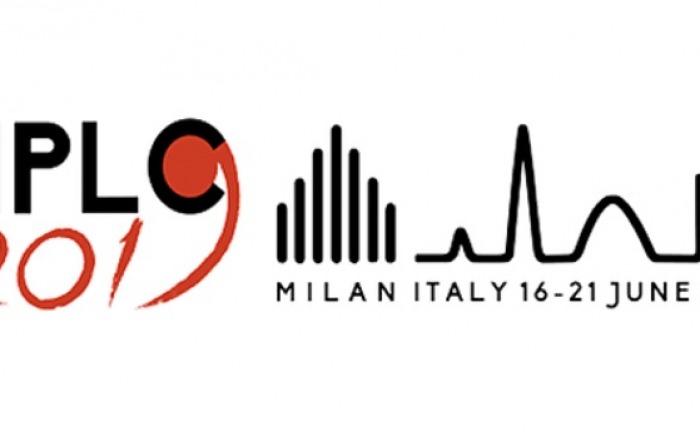Increasing separation efficiency by pH adjustment in Centrifugal Partition Chromatography
NewsCentrifugal Partition Chromatography (CPC) is emerging as a sustainable alternative to traditional chromatography methods, offering solutions to address environmental concerns. Let’s delve into the reasons why traditional chromatography is deemed unsustainable and how CPC presents a greener approach.
High Solvent Consumption in Traditional Chromatography: Traditional methods often rely on solid supports like silica gel columns, necessitating large amounts of solvents for elution.
- Environmental Impact: Excessive solvent usage raises environmental and economic concerns, particularly with hazardous organic solvents that may require energy-intensive recovery or disposal methods.
- Waste Generation from Solid Supports: The use of packed columns with materials like silica gel leads to the generation of solid waste.
- Environmental Challenges: Disposing of spent solid supports poses challenges in waste management and contributes to environmental impact.
- Limited Range of Available Solvents: Traditional chromatography typically operates with a restricted set of solvents compatible with solid supports like silica gel.
- Restrictions on Optimization: This limitation hampers optimization for specific separations, constraining the choice of solvent systems.
In contrast, CPC offers a sustainable alternative by operating as a liquid-liquid chromatography technique, eliminating the need for solid supports like silica gel. This fundamental distinction significantly reduces solvent consumption and minimizes solid waste associated with packed columns, thereby aligning with sustainability objectives. Furthermore, CPC provides a broader range of available solvents, including greener and more sustainable options, further enhancing its environmental profile.
Efficient solvent recycling is integral to sustainable chromatographic separations, with techniques like membrane filtration, dialysis, ultrafiltration, and density-based recirculation showcasing significant potential:
- Membrane Filtration: Combining countercurrent chromatography with organic solvent nanofiltration (OSN) has proven cost-effective for purifying APIs, achieving high efficiency and highlighting the importance of optimizing CCC mass-efficiency.
- Dialysis: Implemented to isolate separated compounds and recycle phases, dialysis shows promise in reducing the carbon footprint compared to CPC runs without dialysis.
- Ultrafiltration: This technique demonstrates substantial solvent recovery results in CPC processes, enabling high recovery rates and purity before recycling solvents, thereby reducing the carbon footprint.
- Density-Based Recirculation: Investigating continuous in-line solvent recycling and readjustment based on density measurements, this method enhances CPC cycles and yields high-purity products while recovering solvents for reuse.
Overall, these studies underscore the potential of recycling techniques to enhance the sustainability of CPC processes by reducing solvent consumption, minimizing waste generation, and maximizing solvent reuse, thereby contributing to greener and more efficient chromatographic separations.



